Home>Garden Essentials>How Long To Germinate Avocado
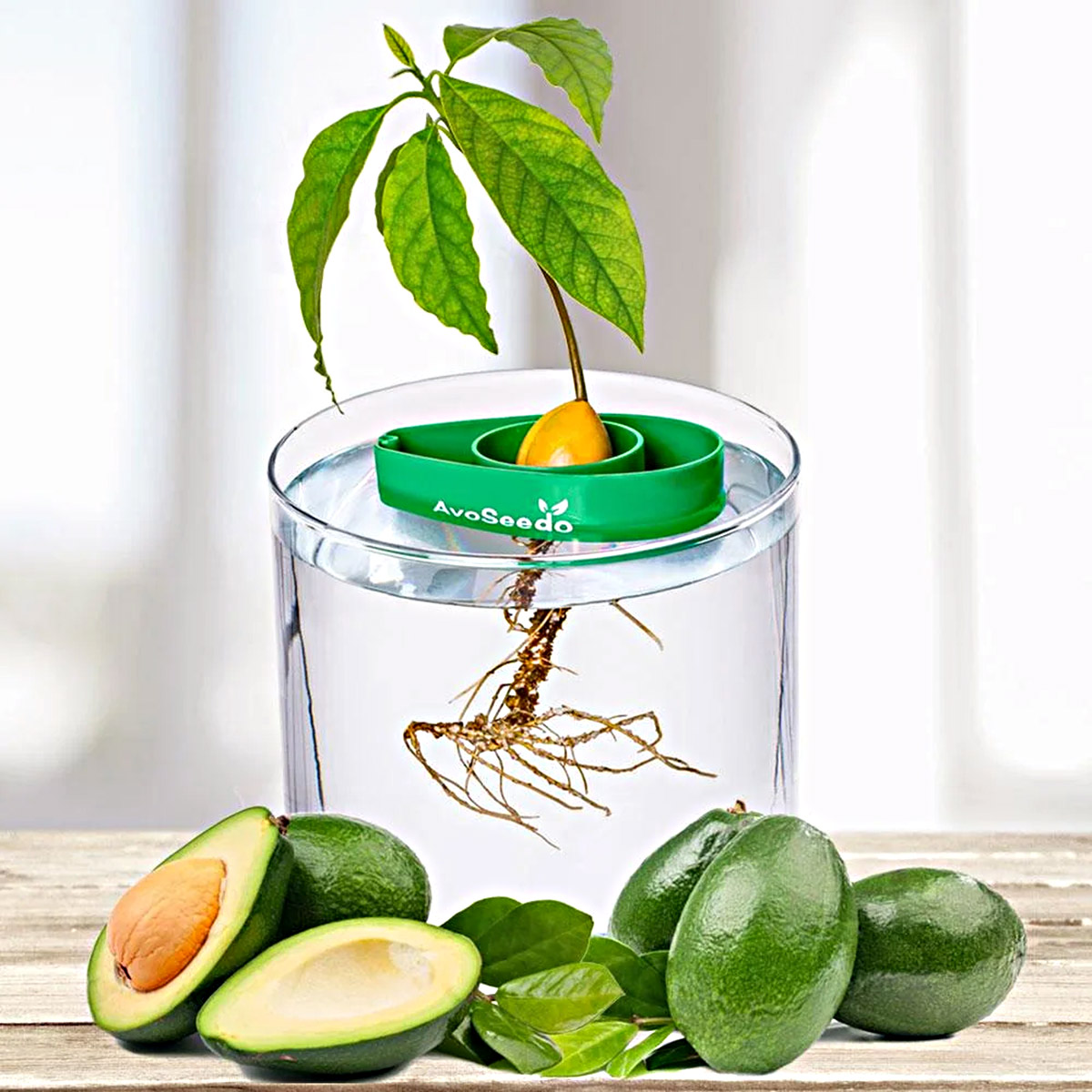

Garden Essentials
How Long To Germinate Avocado
Modified: August 16, 2024
Learn how long it takes for avocado seeds to germinate in your garden. Expert tips and guidelines for successful avocado germination.
(Many of the links in this article redirect to a specific reviewed product. Your purchase of these products through affiliate links helps to generate commission for Storables.com, at no extra cost. Learn more)
Introduction
Growing your own avocado tree is a rewarding experience. Not only do avocados provide a delicious and nutritious addition to your meals, but they also serve as a stunning and decorative houseplant. One of the first steps in growing an avocado tree is germinating the seed. However, the process of avocado seed germination can be a bit tricky and time-consuming. In this article, we will explore the factors that affect avocado germination time, the optimal conditions for successful germination, and provide a step-by-step guide to help you embark on your avocado growing journey.
Avocado seeds, also known as pits, have a tough outer shell that needs to be softened and cracked open for the embryo to sprout. The time it takes for an avocado seed to germinate can vary depending on several factors, including the seed’s viability and environmental conditions. On average, avocado seeds may take anywhere from 2 to 8 weeks to germinate, but some may take even longer. It’s important to be patient and provide the necessary conditions to support seed germination.
Several factors can influence the germination time of avocado seeds. Firstly, the seed’s freshness and quality play a crucial role. Selecting a ripe and healthy avocado fruit from which to extract the seed will increase the chances of successful germination. Additionally, the seed’s storage conditions prior to planting can affect its viability. Seeds that have been exposed to extreme temperatures or fluctuating moisture levels may have decreased germination rates.
Environmental conditions also play a significant role in avocado seed germination. Avocado seeds thrive in warm and humid environments, with temperatures ranging between 70 to 85 degrees Fahrenheit (21 to 29 degrees Celsius). Higher temperatures can speed up the germination process, while lower temperatures can slow it down. Providing a consistent and warm environment can help facilitate quicker germination.
Moisture is another critical factor for successful avocado seed germination. The seed needs to be kept consistently moist, but not waterlogged, to encourage sprouting. Dampening the seed and placing it in a moist paper towel or vermiculite can create the ideal conditions for germination. It’s important to regularly check the moisture levels and mist the seed as needed to prevent it from drying out.
In the next section, we will delve into the optimal conditions required for avocado seed germination and provide a step-by-step guide to help you successfully germinate your avocado seeds.
Key Takeaways:
- Growing avocado trees from seeds requires patience, warmth, and moisture. Choose fresh, healthy seeds, provide a warm and moist environment, and be patient for successful germination.
- Troubleshoot common issues like slow germination and mold growth. Adjust moisture levels, provide indirect light, and address challenges promptly for healthy avocado seedlings.
Read more: How To Germinate An Avocado Pit
Factors Affecting Avocado Germination Time
The germination time of avocado seeds can vary based on several factors. Understanding these factors can help you better estimate how long it may take for your avocado seeds to sprout. Here are some key factors that can influence avocado germination time:
- Seed Viability: The viability of the avocado seed plays a significant role in germination time. Fresh and healthy seeds have a higher chance of germinating quickly compared to old or damaged seeds. If you’re unsure about the viability of your seed, you can perform a simple float test. Place the seed in a bowl of water – if it sinks, it is likely viable, but if it floats, it may not germinate.
- Seed Quality: Choosing a high-quality avocado fruit to extract your seed can impact germination time. Look for fruits that are perfectly ripe and free from any signs of damage or disease. Healthy seeds obtained from healthy fruits have a better chance of sprouting faster than seeds from compromised fruits.
- Seed Storage Conditions: The way avocado seeds are stored before planting can affect their viability and germination time. Seeds that have been exposed to extreme temperatures or fluctuations in humidity levels may have reduced germination rates. It is best to store avocado seeds in a cool, dry place until you’re ready to plant them.
- Environmental Conditions: The conditions in which you are attempting to germinate the avocado seeds can greatly influence the germination time. Avocado seeds require warm temperatures ranging between 70 to 85 degrees Fahrenheit (21 to 29 degrees Celsius) to sprout. Lower temperatures can slow down the germination process, while higher temperatures can accelerate it.
- Moisture Levels: Avocado seeds need to be kept consistently moist for successful germination. However, excessive moisture or waterlogging can hinder the process. It is essential to strike a balance by providing adequate moisture without saturating the seed. Keeping the seed in a moist paper towel or vermiculite can help maintain the necessary moisture levels.
It’s important to note that while these factors can impact germination time, there may still be some natural variation among avocado seeds. Some seeds may germinate sooner, while others may take longer. Patience and attention to the optimal conditions outlined in the following sections will increase your chances of successful avocado seed germination.
Optimal Conditions for Avocado Germination
Providing the optimal conditions for avocado germination is crucial to ensure successful sprouting of the seeds. By creating the right environment, you can help expedite the germination process and increase the chances of seed viability. Here are the key elements for creating the best conditions for avocado germination:
- Warm Temperatures: Avocado seeds thrive in warm temperatures between 70 to 85 degrees Fahrenheit (21 to 29 degrees Celsius). It is important to maintain a consistent and warm environment throughout the germination period. You can achieve this by placing the seeds in a warm location, such as on top of a refrigerator or near a heat source, while ensuring they are not exposed to direct sunlight.
- Moisture: Avocado seeds require consistent moisture to germinate successfully. Begin by dampening a paper towel or moistening vermiculite and placing it in a container. Gently place the avocado seed on top of the moist material, making sure it is in contact with the moisture. Cover the container with a plastic bag or plastic wrap to create a greenhouse-like environment that retains moisture. Check the moisture levels regularly and mist the seed as needed to keep it moist but not waterlogged.
- Indirect Light: While avocado seeds require warmth to germinate, they do not need direct sunlight at this stage. Exposing the seeds to direct sunlight can cause them to dry out or overheat. Instead, place the container in a location with bright, indirect light. This can be near a window where the seeds can still receive ambient light without being exposed to direct rays.
- Patience: Avocado seeds can take anywhere from 2 to 8 weeks to germinate, with some seeds potentially taking even longer. It is imperative to be patient and avoid disturbing the seeds during this process. Check the moisture levels regularly, but refrain from moving or disturbing the seeds unnecessarily. Trust the natural processes and allow the seeds ample time to sprout.
By providing these optimal conditions, you create a nurturing environment that encourages avocado seed germination. Remember to monitor the seeds regularly, maintaining proper moisture levels, and adjusting environmental conditions as needed. With a little patience and care, you’ll soon witness the excitement of your avocado seeds sprouting and embarking on their journey towards becoming impressive avocado trees.
It can take anywhere from 2-6 weeks for an avocado seed to germinate. To speed up the process, you can place the seed in a glass of water and change the water every few days. Keep the seed in a warm, sunny spot and be patient!
Step-by-Step Guide to Germinating Avocado Seeds
Germinating avocado seeds can be an exciting and rewarding process. With the right approach and some patience, you can successfully sprout avocado seeds and start your own avocado tree. Follow these step-by-step instructions for germinating avocado seeds:
- Extract the seed: Carefully slice open a ripe avocado fruit and remove the seed from the center. Wash off any excess flesh clinging to the seed, ensuring it is clean and free from debris.
- Perform the float test: Fill a bowl of water and place the seed in it. If the seed sinks to the bottom, it is likely viable for germination. If it floats, it may not have a high chance of sprouting.
- Prepare the germination environment: Dampen a paper towel or moisten vermiculite and place it in a container. Gently place the avocado seed on top of the moist material, making sure it is in contact with the moisture. Cover the container with a plastic bag or plastic wrap to create a greenhouse-like environment that retains moisture.
- Place the container in a warm location: Find a warm spot in your home, such as on top of a refrigerator or near a heat source, and place the container there. The optimal temperature range for avocado seed germination is between 70 to 85 degrees Fahrenheit (21 to 29 degrees Celsius).
- Check and maintain moisture levels: Regularly check the moisture levels of the paper towel or vermiculite. Mist the material with water as needed to keep it moist but not waterlogged. Re-seal the container after misting to retain moisture.
- Provide indirect light: Place the container in an area with bright, indirect light. Avoid exposing the seeds to direct sunlight as it can cause them to dry out or overheat.
- Be patient: Germination time can vary, ranging from 2 to 8 weeks or longer. Avoid disturbing the seeds unnecessarily and trust the process. Monitor the seeds regularly and maintain the optimal germination environment.
- Transplant the sprouted seed: Once the avocado seed has sprouted and a root system has developed, it is ready for transplanting. Gently plant the seed in a well-draining potting mix, leaving the top portion of the seed exposed. Place the pot in a sunny location and continue to provide care as the seedling grows.
Following these steps will help you successfully germinate avocado seeds and begin your journey into growing your own avocado tree. Remember to be patient, provide the necessary conditions, and enjoy the excitement of seeing your avocado seeds transform into thriving seedlings.
Common Challenges and Troubleshooting Tips
While germinating avocado seeds can be a gratifying experience, it is not without its challenges. Here are some common issues you may encounter during the germination process and troubleshooting tips to overcome them:
- Slow or no germination: If your avocado seeds are taking longer than expected to germinate or showing no signs of sprouting, it could be due to low seed viability or unsuitable environmental conditions. Perform the float test to determine seed viability and check if the germination environment meets the optimal conditions of warmth and moisture.
- Mold or fungus growth: Excessive moisture or lack of ventilation can lead to the growth of mold or fungi on the avocado seeds. If you notice mold, remove the affected seeds immediately and adjust the moisture levels by reducing misting and increasing ventilation. Ensure the germination environment is not overly damp.
- Drying out of seeds: Insufficient moisture can cause the avocado seeds to dry out and inhibit germination. If you notice the seeds becoming dry, mist them lightly with water or place them in a slightly more humid environment. Be careful not to oversaturate the seeds, as excessive moisture can also be detrimental.
- Root or seed rot: If the roots or the seed itself appear to be rotting, it could be due to over-watering or poor drainage. Adjust the watering schedule to provide adequate moisture without waterlogging the seeds. Ensure the container has proper drainage to prevent water accumulation.
- Weak or stunted growth: If the sprouted seedlings show signs of weak or stunted growth, it may be due to inadequate light or nutrient deficiencies. Move the seedlings to a location with more indirect sunlight and consider supplementing with a balanced liquid fertilizer diluted to half strength.
- Seedlings not developing leaves: Sometimes, avocado seedlings may sprout roots but fail to develop leaves. This could be due to low light conditions or nutrient deficiencies. Ensure the seedlings are receiving enough indirect sunlight and consider incorporating a plant-specific fertilizer to supply essential nutrients.
- Seedling collapse: If your avocado seedlings appear healthy initially but suddenly collapse, it could be a result of root rot caused by over-watering or inadequate drainage. Adjust the watering routine and ensure proper drainage for the seedlings.
Remember to closely monitor your avocado seeds and seedlings during the germination process. Addressing these common challenges promptly can help increase the chances of successful germination and promote healthy growth. With care and adaptation to the needs of your avocado seeds, you’ll be on your way to nurturing robust and thriving avocado trees.
Read more: How Long Does Avocado Last In The Freezer
Conclusion
Growing avocado trees from seeds can be a fulfilling and rewarding experience. While the germination process may require patience and careful attention, the journey from seed to tree is well worth it. By understanding the factors that influence avocado germination time, providing optimal conditions, and following a step-by-step guide, you can increase your chances of successful germination.
Factors such as seed viability, seed quality, storage conditions, and environmental factors all play a role in the germination process. By choosing fresh and healthy seeds, storing them properly, and creating a warm and moist environment, you set the stage for successful avocado germination. Monitoring the moisture levels, providing indirect light, and being patient are essential for promoting healthy seedling development.
However, challenges may arise during the germination process. Mold or fungus growth, drying out of seeds, root or seed rot, weak growth, and other issues can occur. By troubleshooting and addressing these challenges promptly, you can optimize conditions and ensure the best chance of success for your avocado seeds.
In conclusion, germinating avocado seeds requires time, care, and attention. With the right approach, you can witness the excitement of avocado seedlings sprouting and growing into impressive trees. Whether you’re a gardening enthusiast or simply want to incorporate more healthy avocados into your life, this journey is both gratifying and rewarding. Get started on your avocado growing adventure and enjoy the fruits of your labor as you watch your avocado seeds transform into beautiful, lush trees.
Frequently Asked Questions about How Long To Germinate Avocado
Was this page helpful?
At Storables.com, we guarantee accurate and reliable information. Our content, validated by Expert Board Contributors, is crafted following stringent Editorial Policies. We're committed to providing you with well-researched, expert-backed insights for all your informational needs.
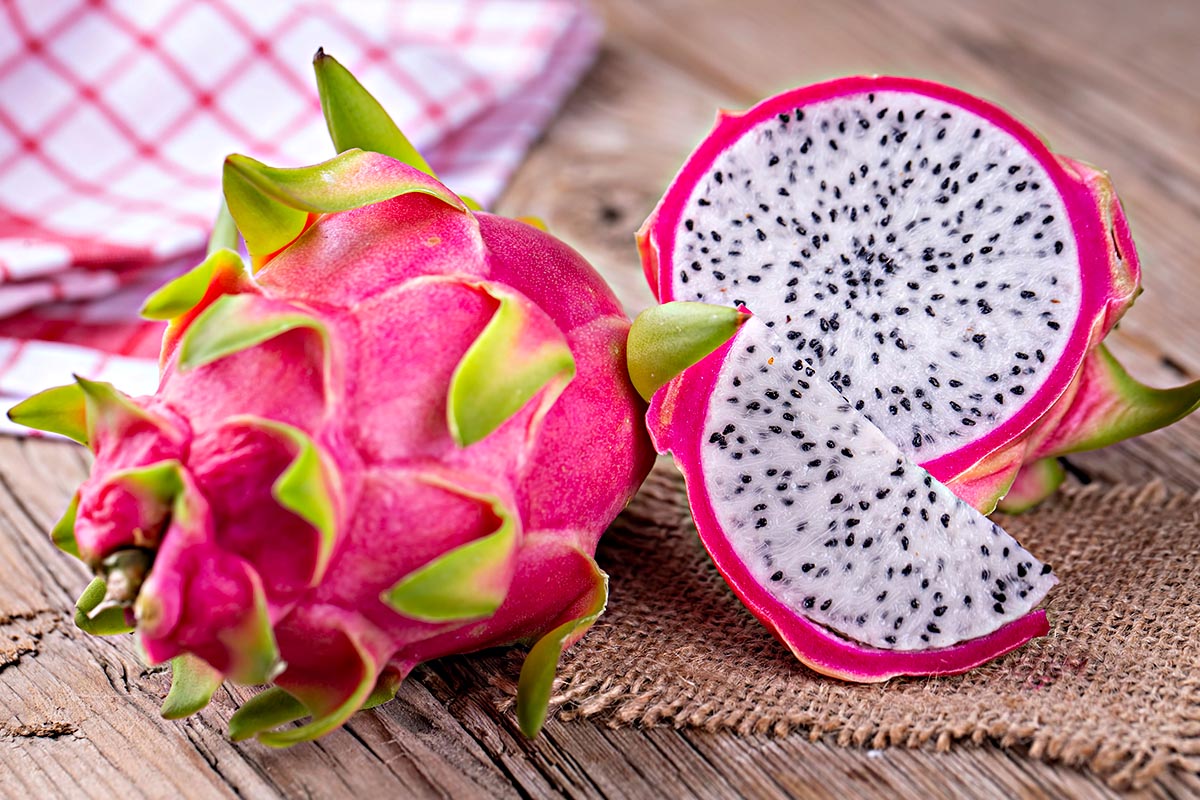
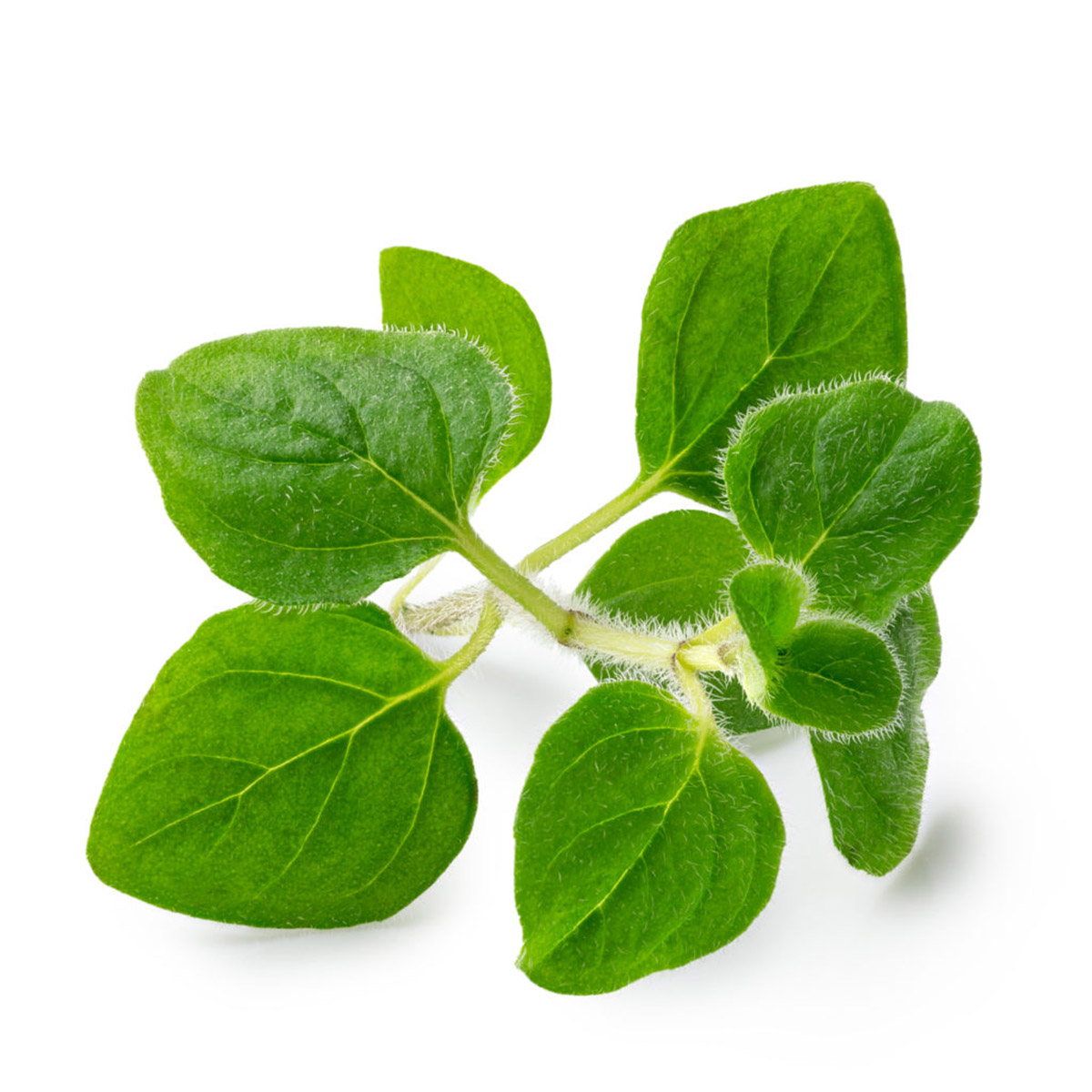
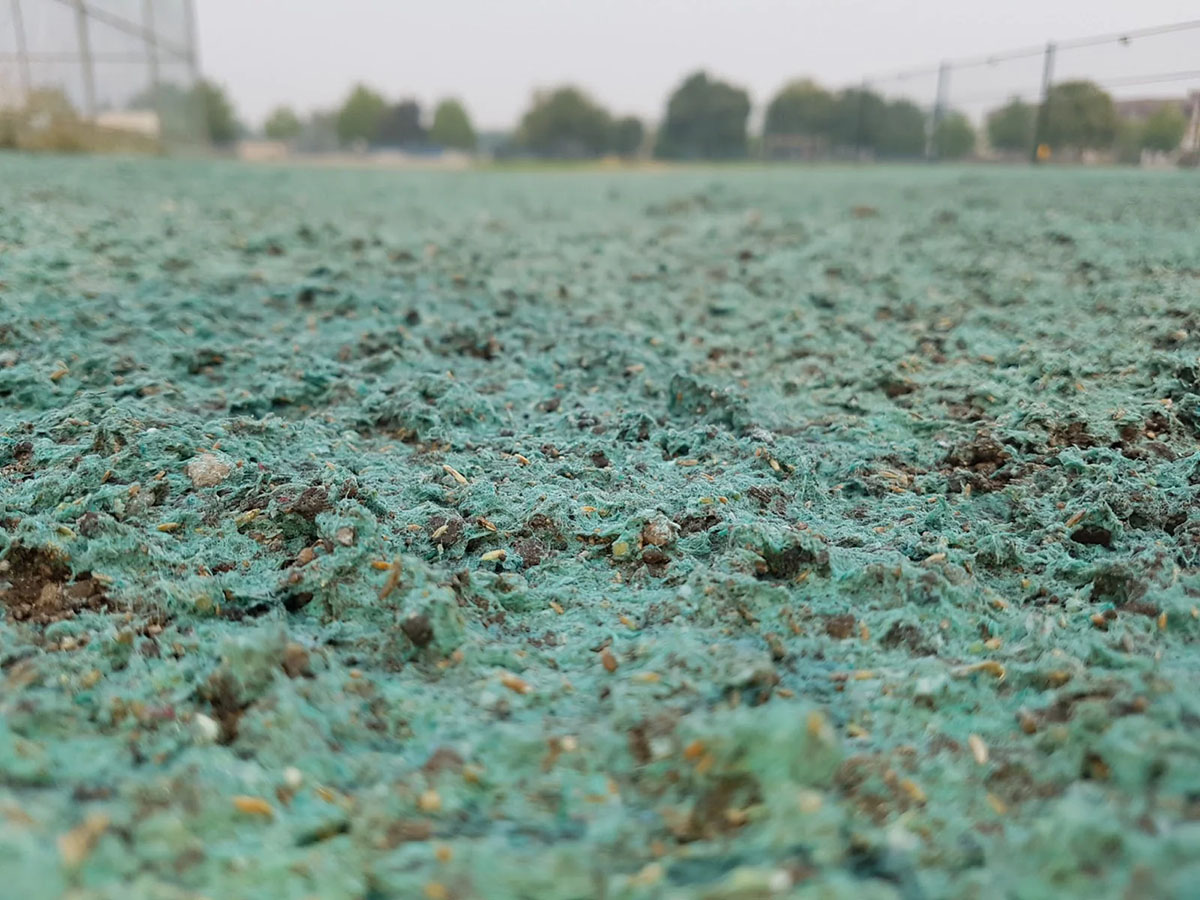
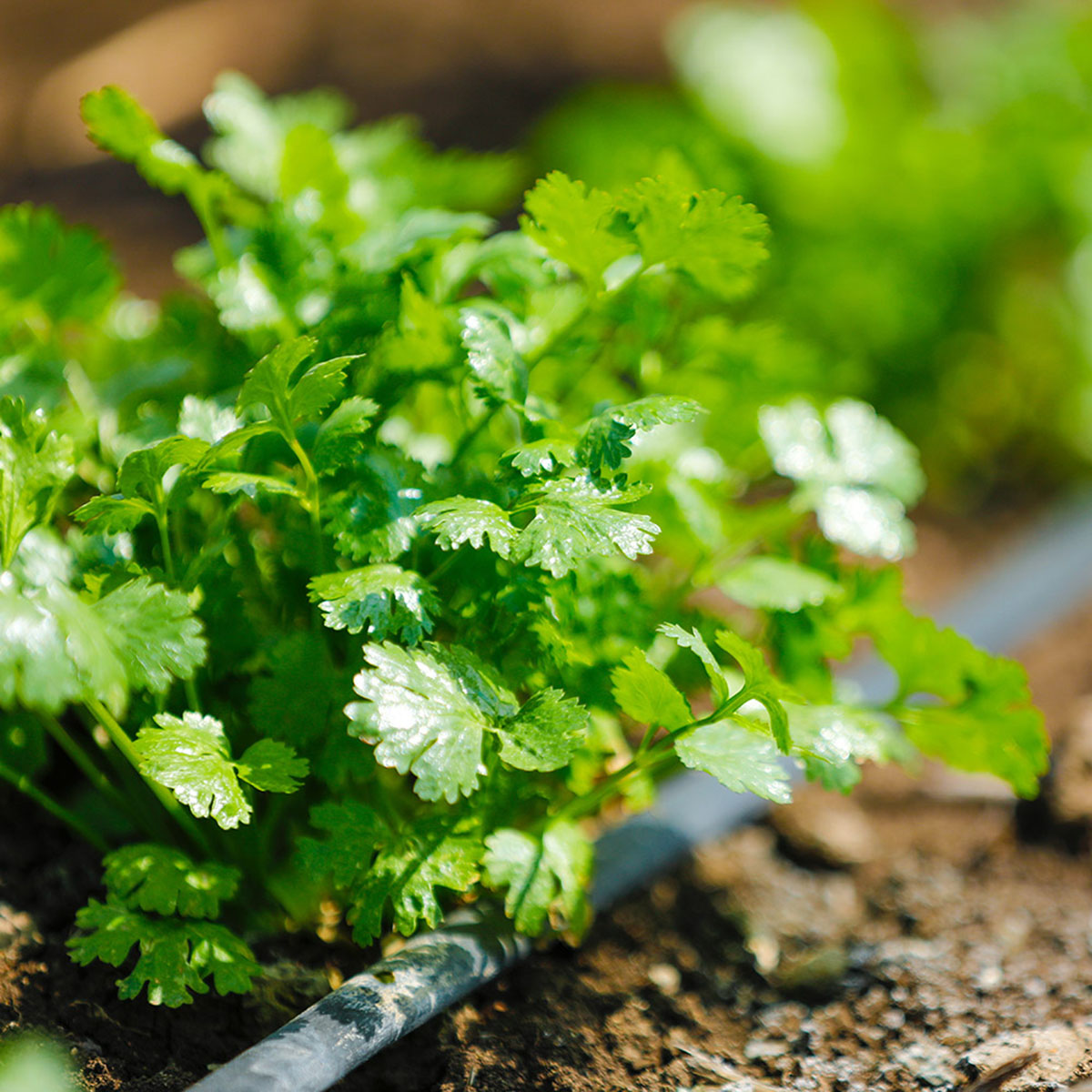
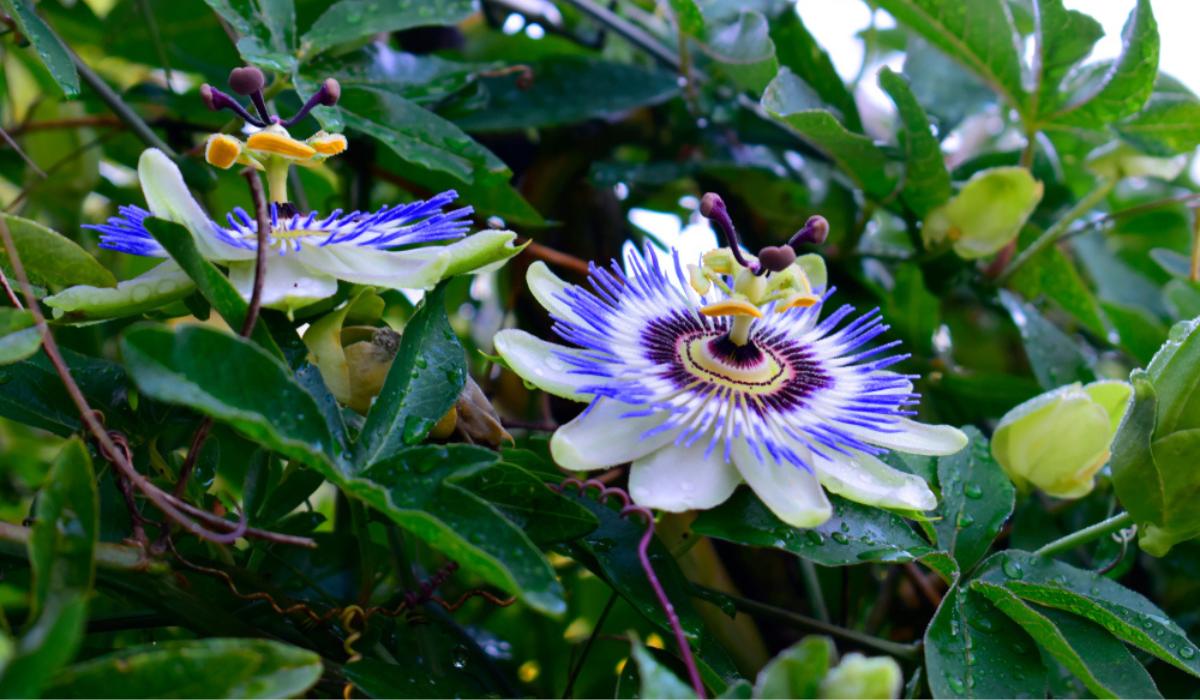
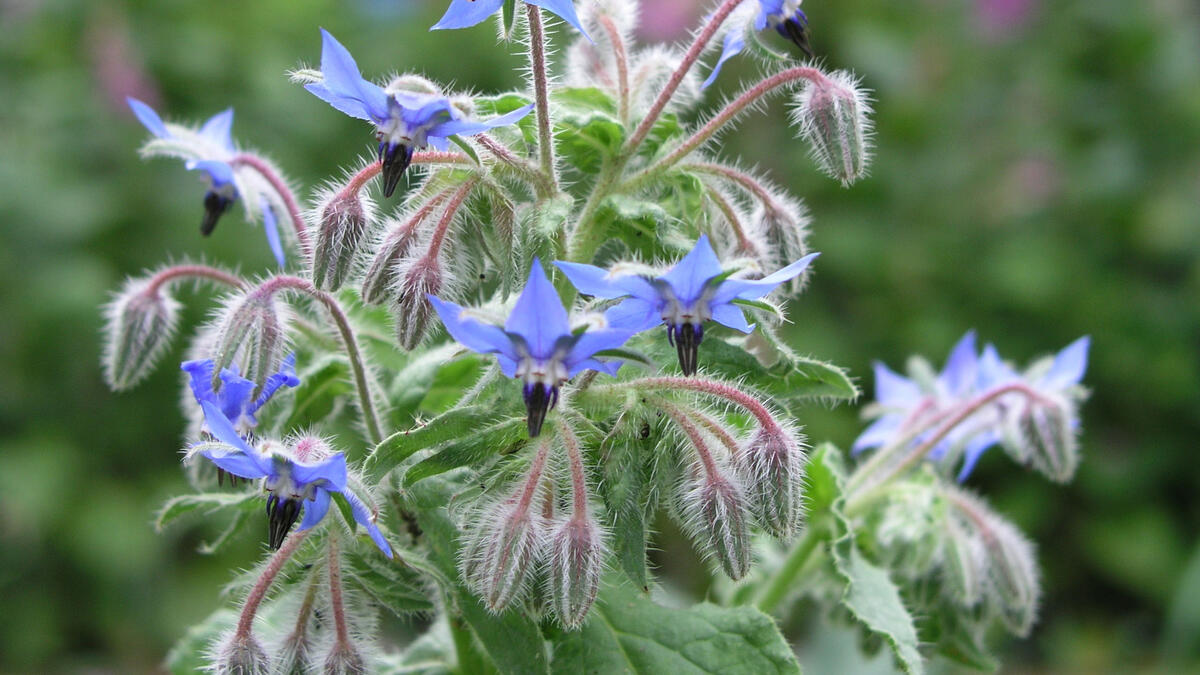
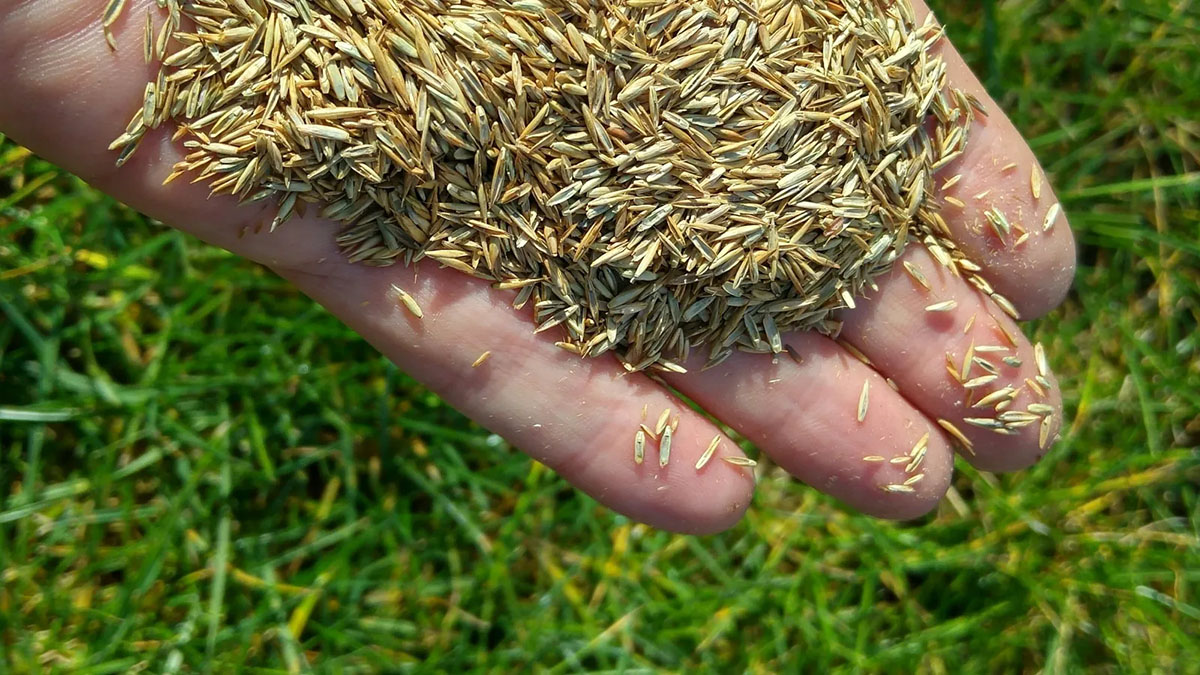
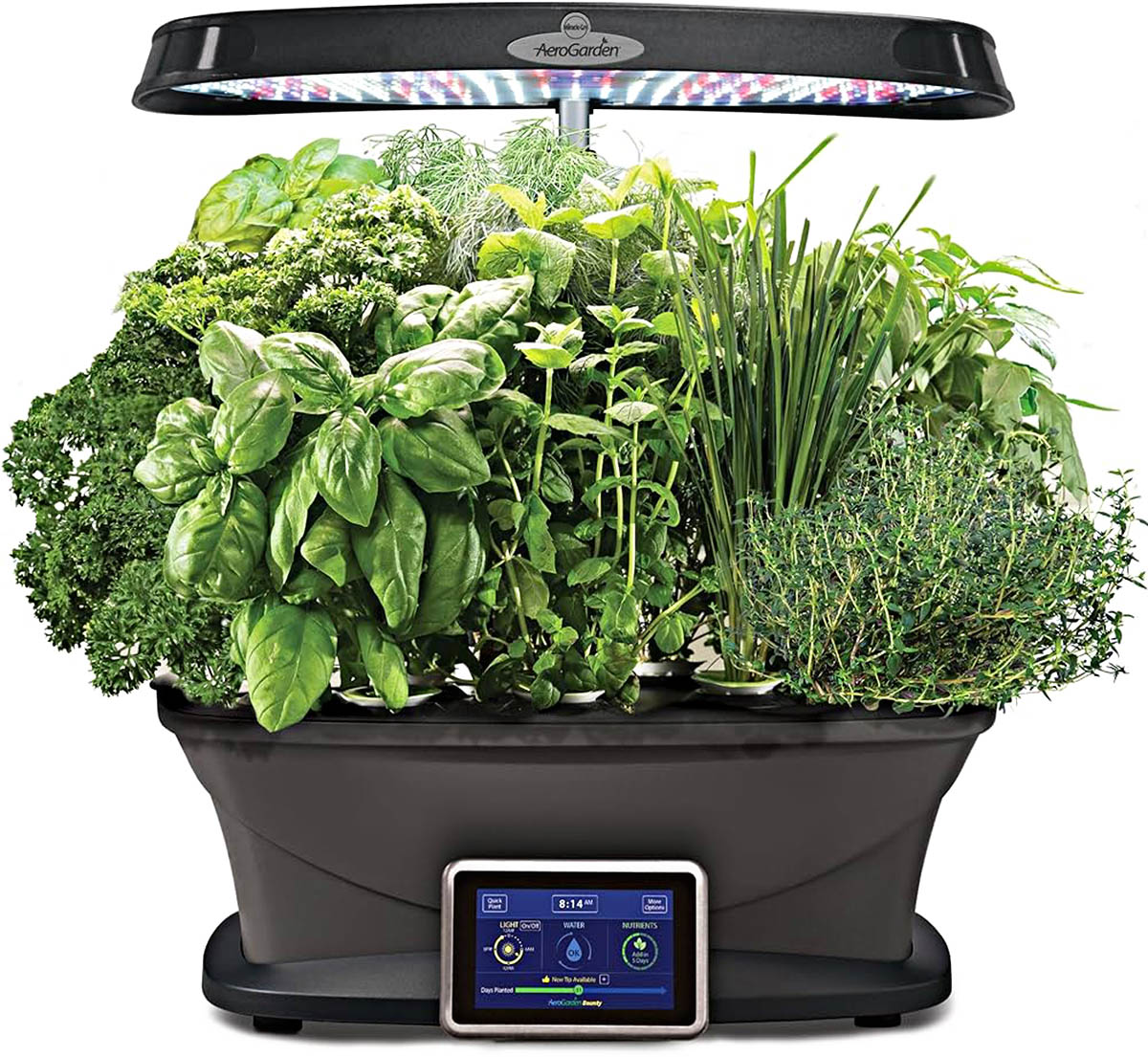


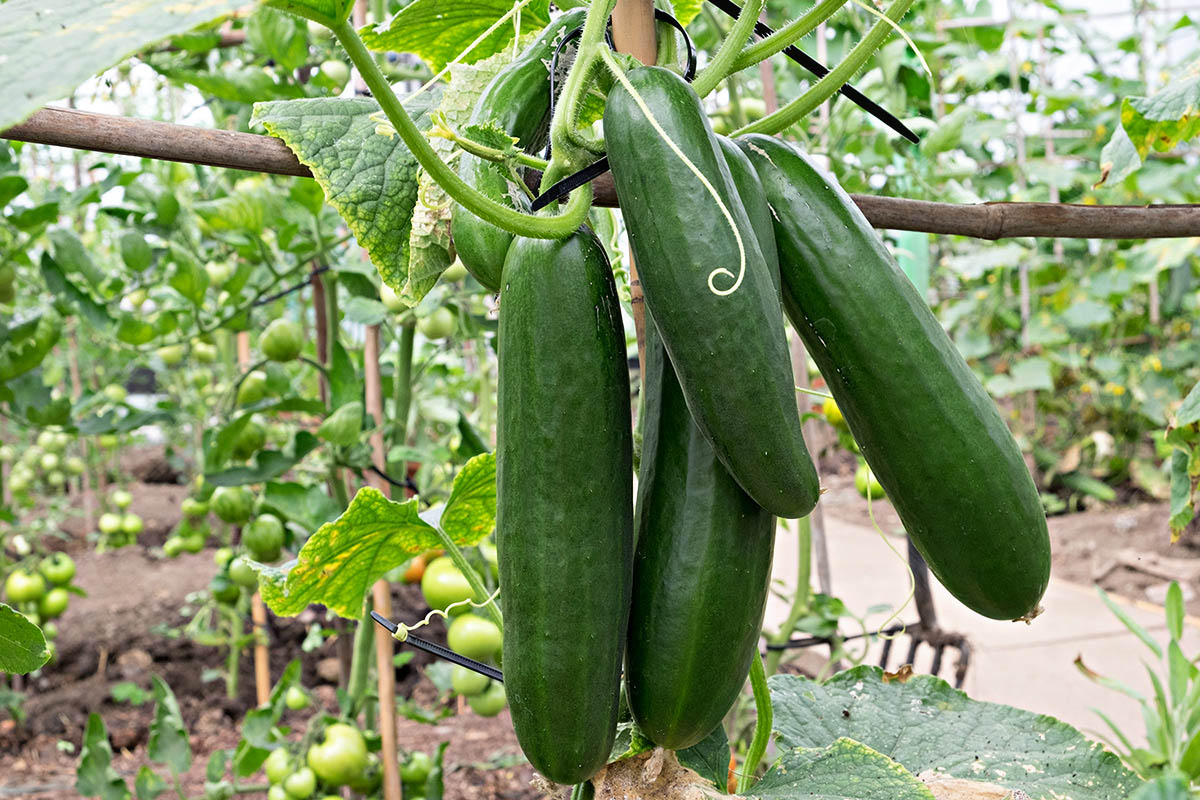
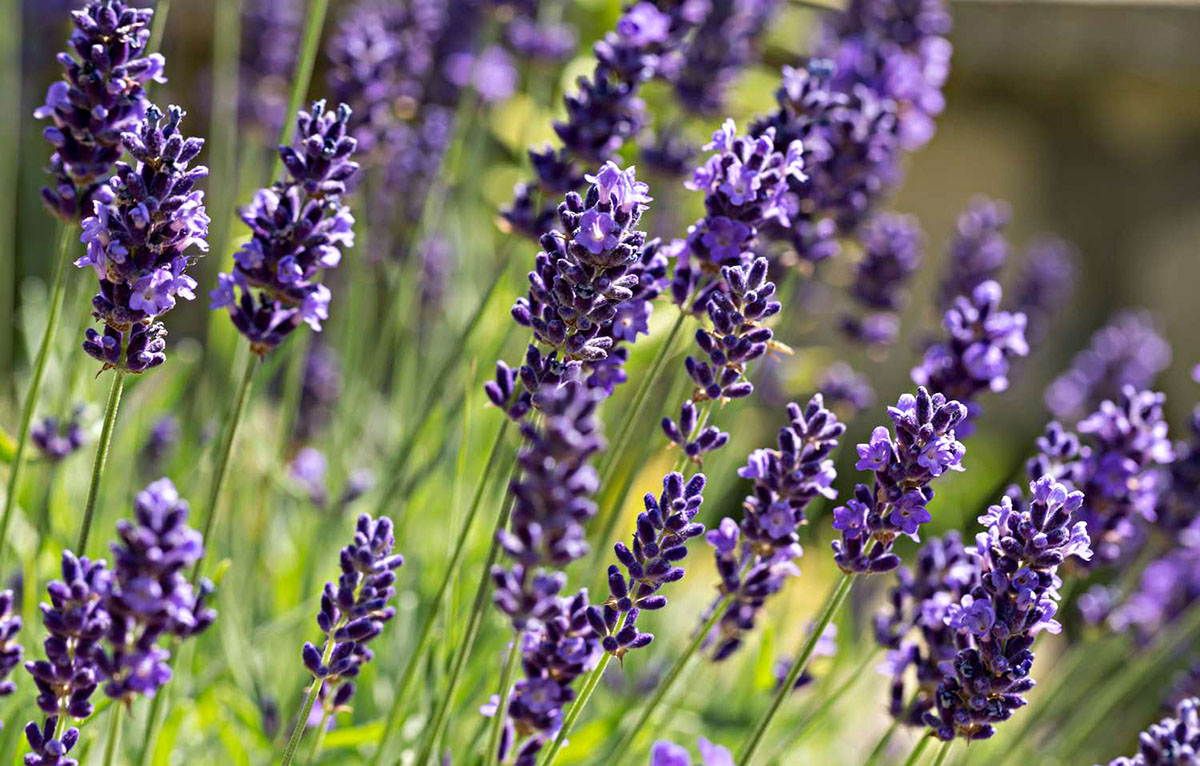
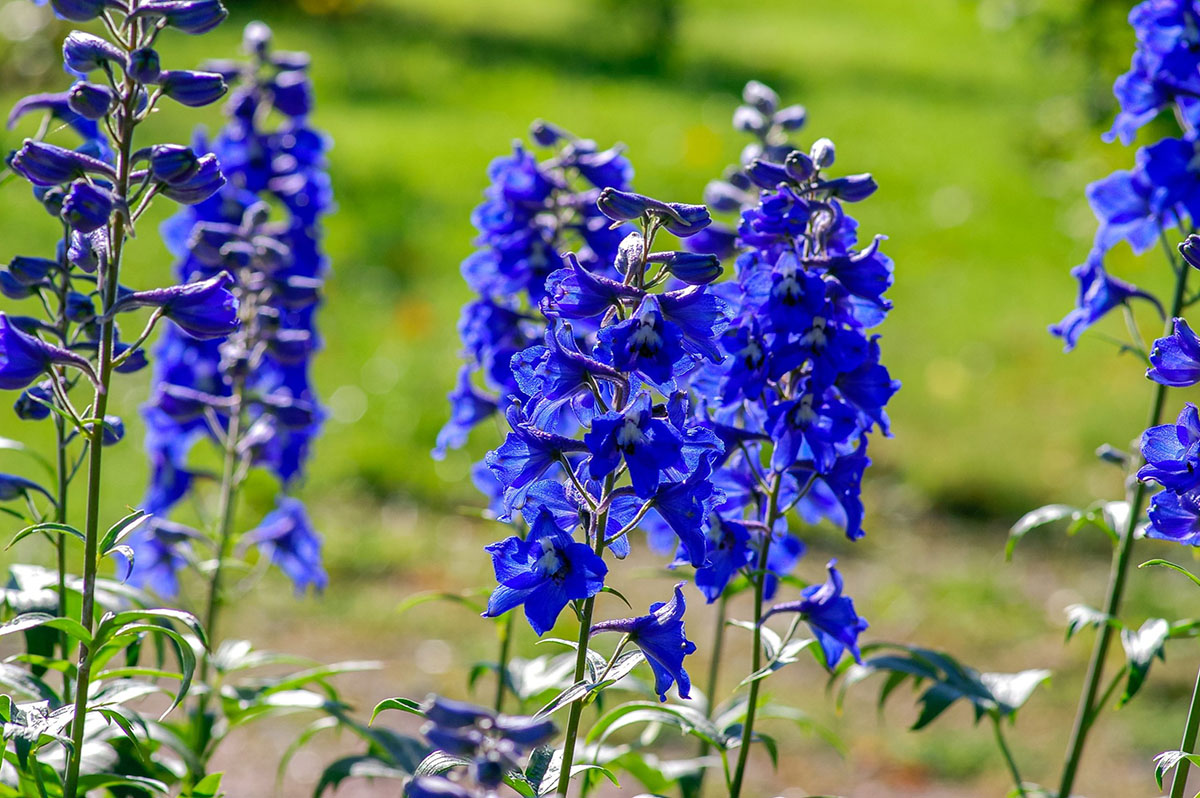
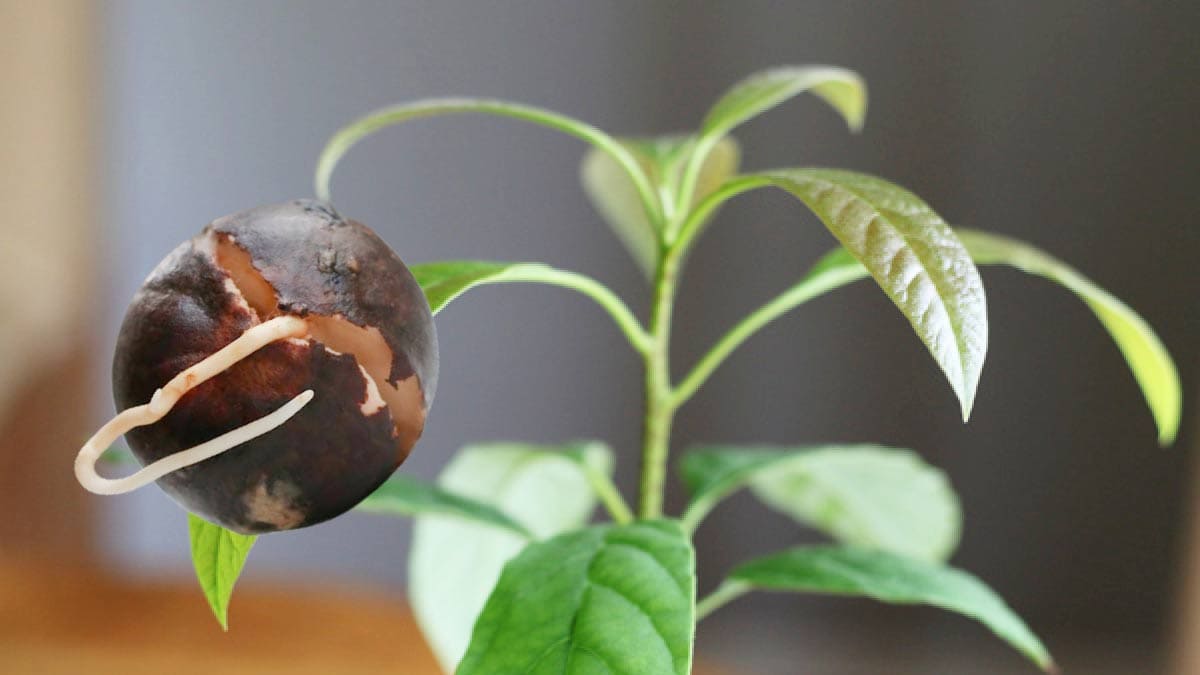

0 thoughts on “How Long To Germinate Avocado”